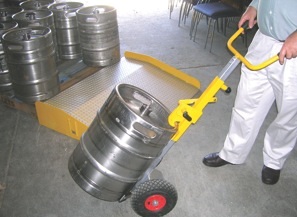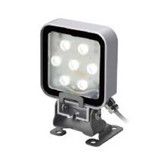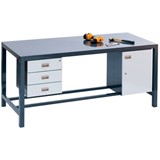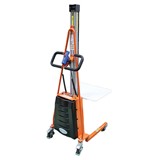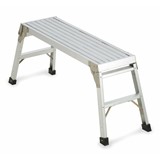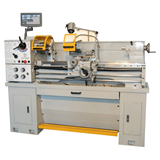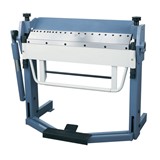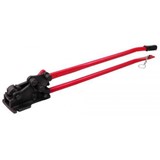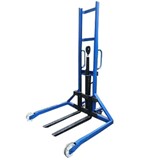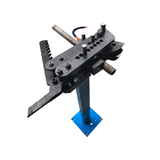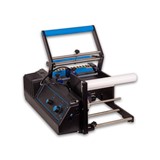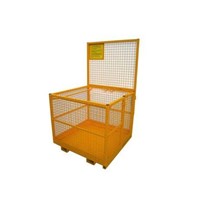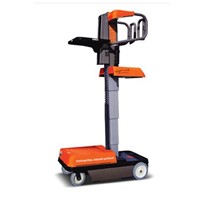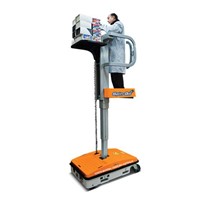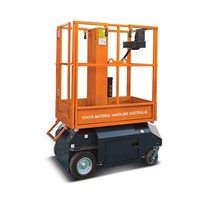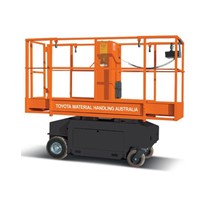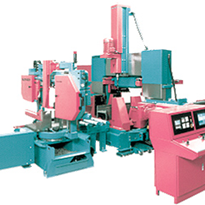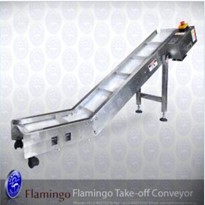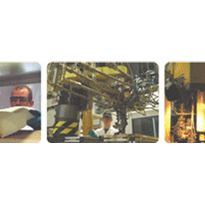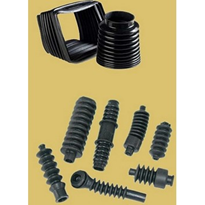In NSW alone, the cost of injuries from workplace manual handling – that’s lifting, lowering, carrying, pushing, pulling, holding – to business is around $373 million per year. If you factor in 'hidden' costs that climbs to a staggering $1,491 million.
In human terms, we are talking over 17,000 people suffering pain, discomfort and sometimes permanent disability – just in NSW. The other Australian states and territories tell a similar story.
In a world that is computerised, automated and digitised, it’s hard to imagine why so many workers are still exposed to danger, but Dennis Morgan, co-founder and owner of WorkRight Safety Solutions, knows that many industries continue with manual work practices because no-one has bothered to think of a better alternative.
"WorkRight invents things for jobs that have always been done manually, and which could probably have been invented 50 years ago, businesses just didn’t know they needed them," he explained.
But trying to persuade industries –and the people in them – to change 'how things have always been done', is no easy task, even in the face of such worrying statistics.
"If a new process isn’t easier and faster for employees, they won’t actually use it. Plus, it has to save any business money," Morgan said, who started WorkRight in 2005 with his brother, Terry, after 30 years in the construction industry.
Since then, the company has developed products that take the 'man' out of manual, helping to reduce risk, save money and, more importantly, put people first.
Its Watergate Safety Gate, for instance, was developed as a fail-safe fall protection system on mezzanine floors and raised platforms where forklifts are used to load materials. It is also used as a barrier to separate forklifts from workers.
"It’s a wonder it wasn’t invented a 100 years ago," Morgan said.
"The Watergate basically works on gravity making the water run downhill to close the gate. As long as there is gravity, the gate will be closed."
It is a beautifully simple concept, and it gives the gate a versatility – and reliability - other products on the market don’t have.
"Most gates are manual and have various moving parts; they only close if you close them. But the Watergate is much easier to use because it is fail safe, it’s stronger and lasts longer than other gates."
The demand for the Watergate speaks for itself; the average order for safety gates is between one and eight, but over 50 have now been installed in the Godfrey Hirst carpet warehouse in Geelong, Victoria alone.
Meanwhile, Big W has installed 18 of the devices in its distribution centre in NSW to provide separation between personnel and forklifts.
Morgan is also proud of the company’s LiftRight Keg Handling System, which won the Worksafe Victoria Award for the best solution to prevent musculoskeletal injuries in 2009, and again addresses an issue long neglected by the brewery and hospitality industries – lifting beer kegs.
"Our system means no-one has to actually lift or even touch kegs which weigh 67 kilograms, so the system saves time, money and protects staff from injury," Morgan explained.
"It also means any member of staff can handle kegs."
The LiftRight Wheel Lifter serves a similar function by taking the heavy lifting removing and refitting wheels to vehicles in service situations.
What the WorkRight products all have in common, is that they are simple and effective in addressing hazardous work situations that have perhaps been overlooked – but which contribute to those 17,000 injuries.
The good news is, if the solution is right, enlightened companies will take it on.
"Safety does not have to be a burden on business. We find that responsible employers adapt and adopt quickly, because they focus on valuing their people and reducing any risks to them," Morgan said.


